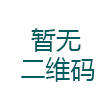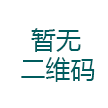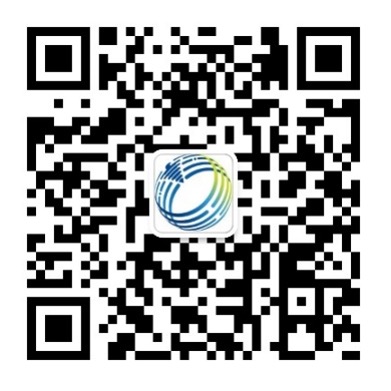
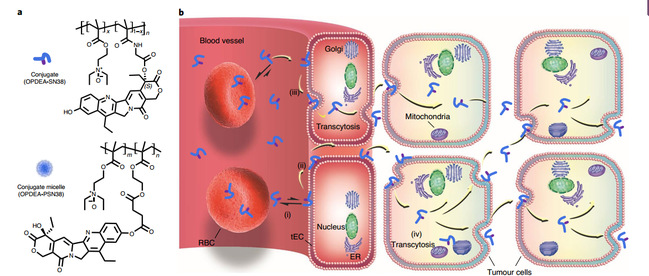

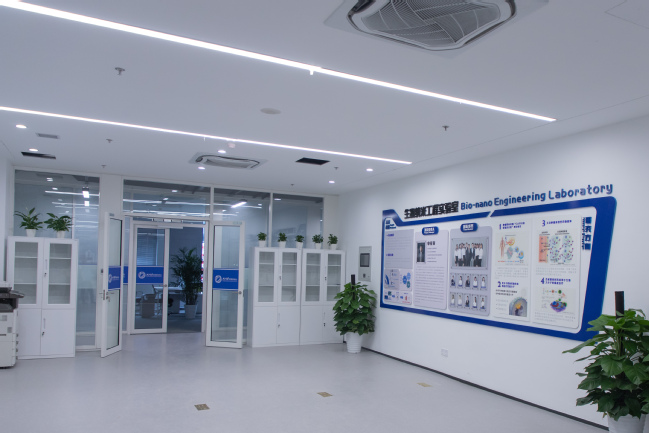
The latest global cancer burden data for 2020 released by the WHO International Agency for Research on Cancer (IARC) show that there were 19.29 million new cancer cases worldwide in 2020, among which 4.57 million new cancer cases and 3 million cancer deaths happened in China. The numbers of new cancer cases and cancer mortality ranked the first in the world.
Cancer has become a high incidence disease that seriously threatens human health with the advent of ageing society. How to treat tumors efficiently has become a topic of great social concern. Recently, Mr. SHEN Youqing's team from ZJU-Hangzhou Global Scientific and Technological Innovation has made new progress in tumor nanomedicine delivery vehicles and tumor immunotherapy, and the findings were published in Nature Biomedical Engineering and Nature Communications.
I. Passing Game! Novel drug carriers break through “layers of tumor defense”
The researchers of SHEN Youqing’s team said solid tumors are like a “sphere” wrapped up by layers of cells, and drugs will stop when they reach the vicinity of the sphere limited by traditional carriers, so it is difficult to break through the layers of cells and also difficult for drugs to penetrate into tumors.
Mr. SHEN Youqing’s team developed a new type polymer-drug conjugate with cell membrane affinity, which can be bound to cells without adhering to proteins, and will effectively solve the problem mentioned above.
This nanodrug, a polymeric OPDEA conjugated with phospholipids, is non-adhesive to proteins and can achieve nanodrug transcytosis by passing through different layers. After intravenous injection, it can circulate in the blood and maintain a dynamic balance between plasma and red blood cell surfaces, ultimately achieving efficient delivery of cancer drugs and improving therapeutic efficacy substantially.
It is reported that researchers have been making remitting efforts to develop this nanodrug and the drug is of great significance in clinical translation. The findings will help design translational anti-cancer nanomedicines.
The paper entitled “Enhanced tumour penetration and prolonged circulation in blood of polyzwitterion-drug conjugates with cell-membrane affinity” was published in Nature Biomedical Engineering online.
II. New breakthroughs in tumor immunotherapy
If the new drug carrier is said to help tumor treatment by external force, immunotherapy is to improve the efficacy by modifying the body’s own cells and then being precisely targeted at tumor cells.
It is understood that blocking PD-1/PD-L1 interactions with antibodies can restore human T cells to normal state and thus help tumor treatment. However, large-sized antibodies are often difficult to work well due to poor tumor penetration and other reasons.
Mr. SHEN Youqing’s team discovered recently an efficient small immunotherapeutic molecule: 5-carboxy-8-hydroxyquinoline (IOX1), which can hinder the growth of solid tumors when combined with tumor chemotherapy drug adriamycin (DOX). The combination of liposomal IOX1 and DOX has shown it can eliminate various mouse cancer models and produce long-term immune memory. iOX1 inhibits the p-glycoprotein of cancer cells via the JMJD1A/β-catenin/P-gp pathway and enhances DOX-induced immunostimulatory immunogenic cell death significantly. iOX1 is likely to be a highly effective antibody-free chemotherapeutic immunotherapy.
The finding entitled “Co-deliveryof IOX1 and doxorubicin for antibody-independent cancer chemo-immunotherapy” is published in Nature Communications online.
Laboratory of Bio-Nano Engineering, ZJU-Hangzhou Global Scientific and Technological Innovation
It is reported that Mr. SHEN Youqing is leading the Bio-Nano Engineering Lab at ZJU-Hangzhou Global Scientific and Technological Innovation, which focuses on the creation and clinical translation of highly effective new-generation anti-tumor nanomedicines. The team has so far developed nanomedicine-related patents and technologies, which have been successfully transferred to pharmaceutical companies at 70 million in August and 20 million in September 2020; the team has applied for 2 invention patents and published several top papers after they entered ZJU-Hangzhou Global Scientific and Technological Innovation.






